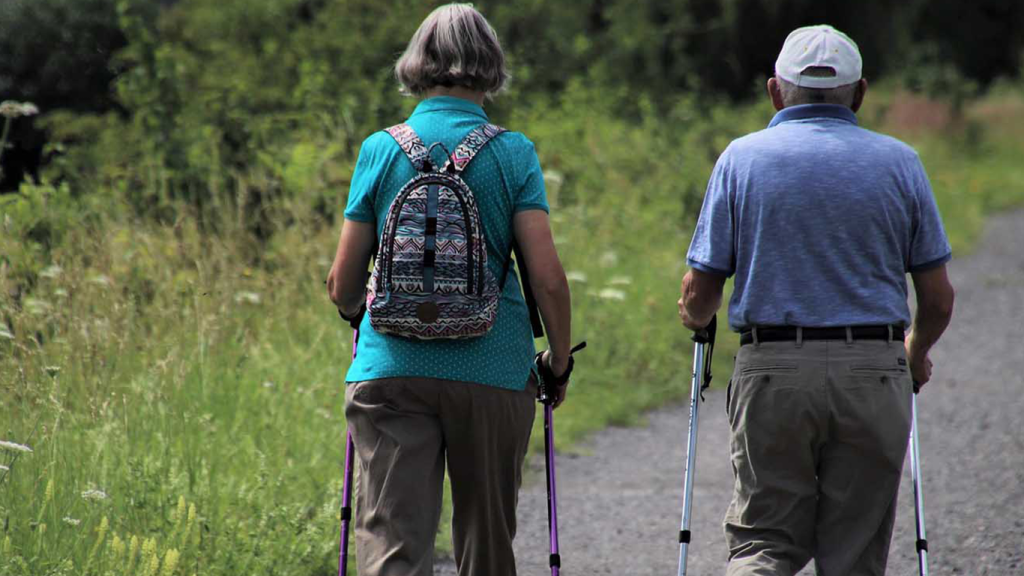Our programme aims to understand the causes and mechanisms of non-communicable diseases (NCDs) and the impact of different environmental, lifestyle and occupational exposures. To this end, our work focusses on the following lines of research:
Measuring health loss, risk factors and exposures: We provided evidence supporting the prevention of violence against women as a fundamental action to reduce the prevalence of NCDs (1). We also compared the health impact of drinking bottled versus tap water (2) and started a project to measure exposure to micro- and nanoplastics in drinking water.
Understanding the course and mechanisms of NCDs: We found that changes in sex steroid hormones among night-shift workers could explain their higher risk of hormone-related cancers (3), that the heart’s ability to adapt to stress is impaired in COPD patients but can be improved by physical activity (4), and that some COPD patients do not reduce their physical activity over time (5).
Quantifying environmental exposures and NCD burden in LMIC and vulnerable groups: We provided evidence of high lead concentrations in indigenous communities living near oil-extraction areas in the Peruvian Amazon (6) and of kidney injury in children living in regions of Nicaragua at high risk of Mesoamerican nephropathy (7).
Using advanced epidemiological, statistical and bioinformatic models: Our researchers developed and validated useful tools for NCD research, including instruments to measure physical activity in COPD patients (8), the OMEGA-NET inventory of cohorts with occupational information (9), a Bioconductor package to estimate biological ageing (10) and a platform to facilitate federated big-data analyses (10).
Developing a planetary health approach: We provided the EU with the most comprehensive report on priorities in environment, climate and health research from the HERA project (11) and participated in the planetary well-being initiative launched by Pompeu Fabra University (11) and the European platform of the Lancet Countdown on Health and Climate Change (12). We also launched the first edition of the UOC-UPF-ISGlobal Master on Planetary Health—one of the first of its kind worldwide—and organised several courses on the topic within the institution.
Last but not least, we worked towards adopting comprehensive intersectoral approaches for the translation of scientific evidence, for example in joint projects on water with AGBAR Barcelona, and by collaborating in the Global Burden of Disease study.

-
Goldberg X. Neurosci Behav Rev.
-
Villanueva CM. Sci Total Environ.
-
Harding BN. Scand J Work Environ Health
-
Delgado-Ortiz L. Ann Phys Rehabil Med.
-
Koreny M. Arch Bronconeumol.
-
O’Callaghan-Gordo C. Environ Int.
-
Leibler JH. Pediatr Nephrol.
-
Garcia-Aymerich J. Thorax.
-
https://occupationalcohorts.net/
-
Pelegí-Sisó D. Bioinformatics.
-
www.heraresearcheu.eu/
-
Marcon Y. PLoS Comput Biol.
-
Antó JM. Sustainability.
-
Romanello M. Lancet Public Health.











